My friend Richard MacManus commemorated the 14th anniversary of ReadWrite, an online publication he founded as a blog (then called ReadWriteWeb) in 2003, by examining blogging and how the open web has suffered with the rise of Facebook and others.
It’s worth a read, and earlier tonight I fed in the following comment.
I remember those days well, although my progress was probably the opposite of yours, and, in my circles, blogging began very selfishly. Lucire began as a publication, laid out the old-school way with HTML, and one of the first sites in the fashion sector to add a blog was a very crappy one where it was about an ill-informed and somewhat amoral editor’s point of view. For years I refused to blog, preferring to continue publishing an online magazine.
Come 2002, and we at the Medinge Group [as it then was; we’ve since dropped the definite article] were planning a book called Beyond Branding. One of the thoughts was that we needed one of these newfangled blogs to promote the book, and to add to it for our readers. I was one (the only?) dissenter at the June 2003 meeting, saying that, as far as my contacts were concerned, blogging was for tossers. (Obviously, I didn’t know you back in those days, and didn’t frequent ReadWriteWeb.) [Hugh MacLeod might agree with me though.] By August 2003 it had been set up, and I designed the template for it to match the rest of the book’s artwork. How wrong I was in June. The blog began (and finished, in 2006) with posts in the altruistic, passionate spirit of RWW, and before long (I think it was September 2003), I joined my friends and colleagues.
An excerpt from the Beyond Branding Blog index page.In 2006, I went off and did my own blog, and even though there were hundreds of thousands (millions?) of blogs by now, decent bloggers were still few. I say this because within the first few weeks, a major German newspaper was already quoting my blog, and I got my first al-Jazeera English gig as a result of my blogging a few years later. It was the province of the passionate writer, and the good ones still got noticed.
I still have faith in the blogosphere simply because social media, as you say, have different motives and shared links are fleeting. Want to find a decent post you made on Facebook five years ago? Good luck. Social media might be good for instant gratification—your friends will like stuff you write—but so what? Where are the analysis and the passion? I agree with everything you say here, Richard: the current media aren’t the same, and there’s still a place for long-form blogging. The fact I am commenting (after two others) shows there is. It’s a better place to exchange thoughts, and at least here we’re spared Facebook pushing malware on to people (no, not phishing: Facebook itself).
Eleven years on, and I’m still blogging at my own space. I even manage a collective blogging site for a friend, called Blogcozy. My Tumblr began in 2007 and it’s still going. We should be going away from the big sites, because there’s one more danger that I should point out.
Google, Facebook et al are the establishment now, and, as such, they prop up others in the establishment. Google News was once meritorious, now it favours big media names ahead of independents. This dangerously drowns out those independent voices, and credible writers and viewpoints can get lost. The only exception I can think of is The Intercept, which gets noticed on a wide scale.
Take this argument further and is there still the same encouragement for innovators to give it a go, as we did in the early 2000s, when we realize that our work might never be seen, or if it is to be seen, we need deep pockets to get it seen?
Maybe we need to encourage people to go away from these walled gardens, to find ways to promote the passionate voices again. Maybe a future search engine—or a current one that sees the light—could have a search specifically for these so we’re not reliant on the same old voices and the same old sites. And I’m sure there are other ways besides. For I see little point in posting on places that lack ‘charisma’, as you put it. They just don’t excite me as much as discovering a blog I really like, and sticking with it. With Facebook’s personal sharing down 25 and 29 per cent in 2015 and 2016 respectively, there is a shift away from uninspiring, privacy-destroying places. Hopefully we can catch them at more compelling and interesting blogs and make them feel at home.
I have also, belatedly, added Richard’s personal blog to the blogroll on this page.
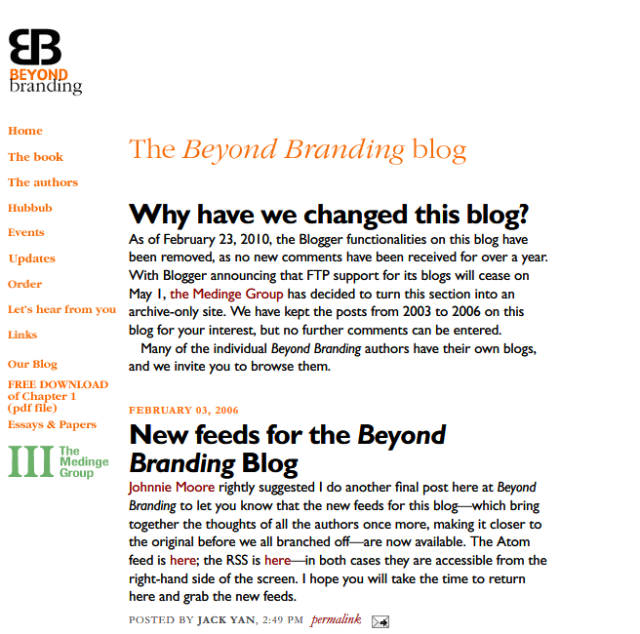
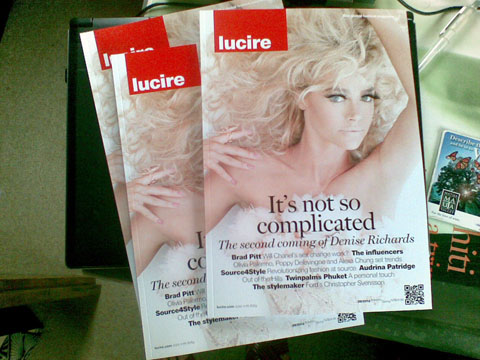
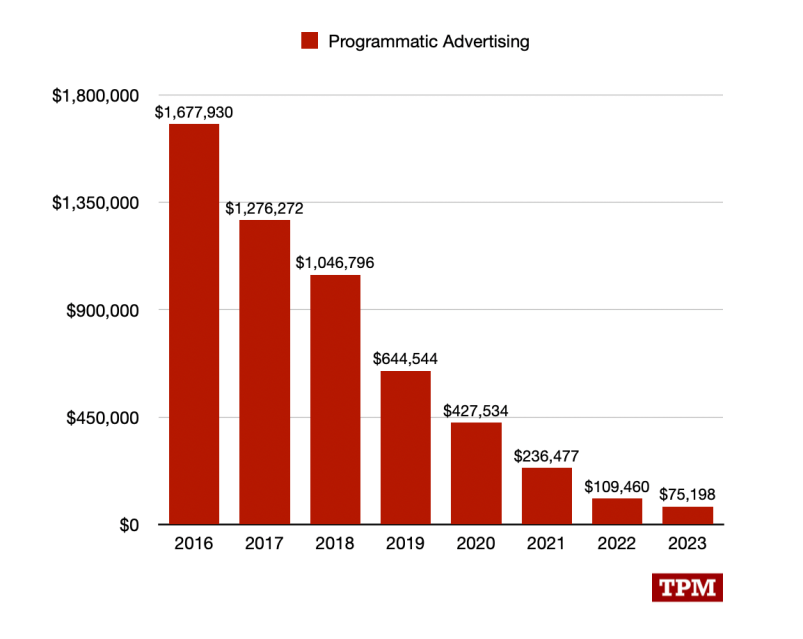
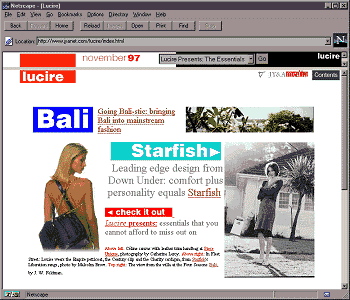
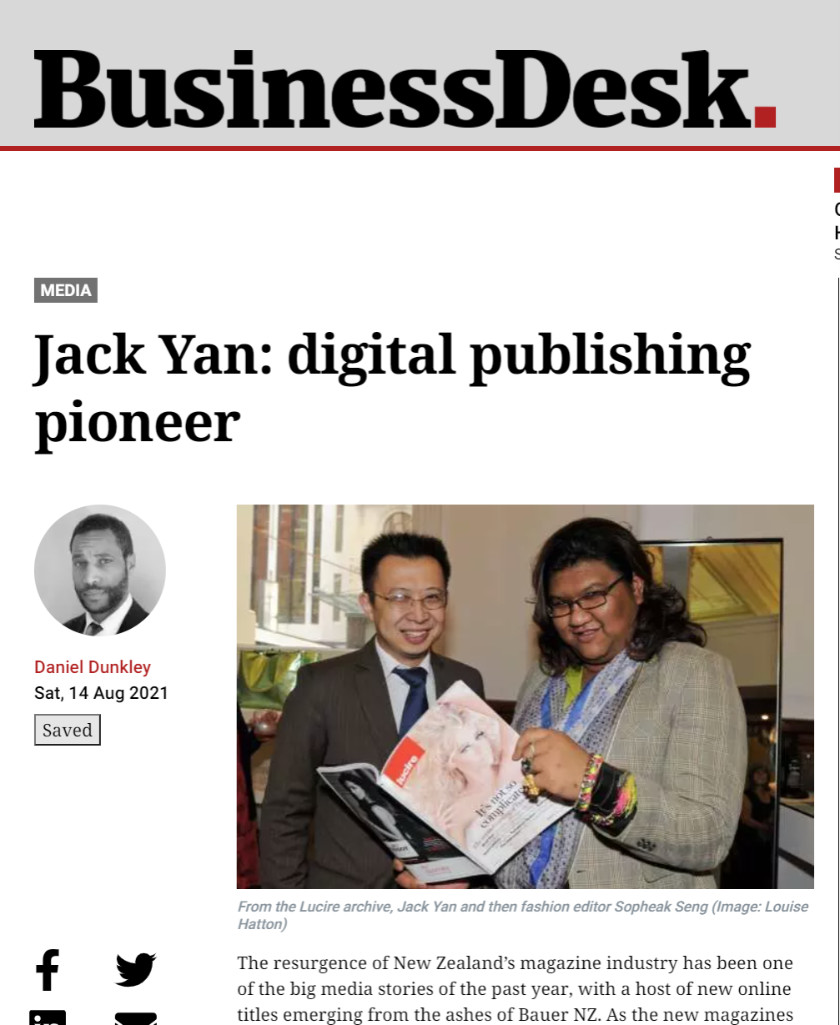
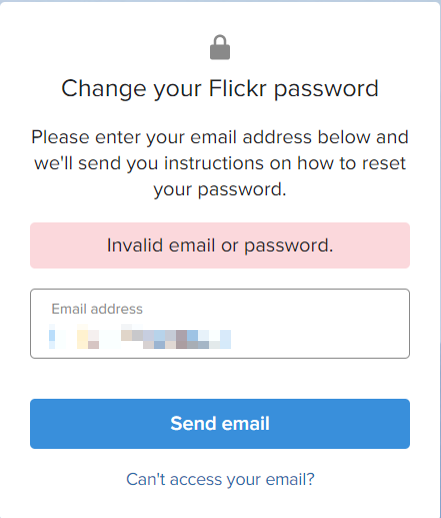
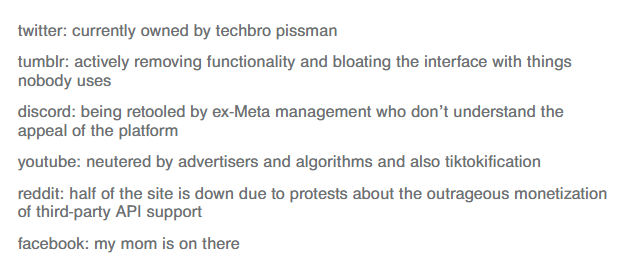


I need help, in layman’s terms, lol. How do I get by the Facebook malicious software cleaner. I have scanned my computer with the windows defender (windows 10), it shows nothing, rebooted my pc, changed password and still can’t access my account?
Kathy, I suggest heading to my posts on this topic (e.g. this one). Some have been able to get round it by deleting cookies, though Facebook began blocking this method in April 2016. There is a semi-technical solution posted as comment no. 103 (by David, click here), and I suggest asking a computer-minded friend to see if they can help you out.